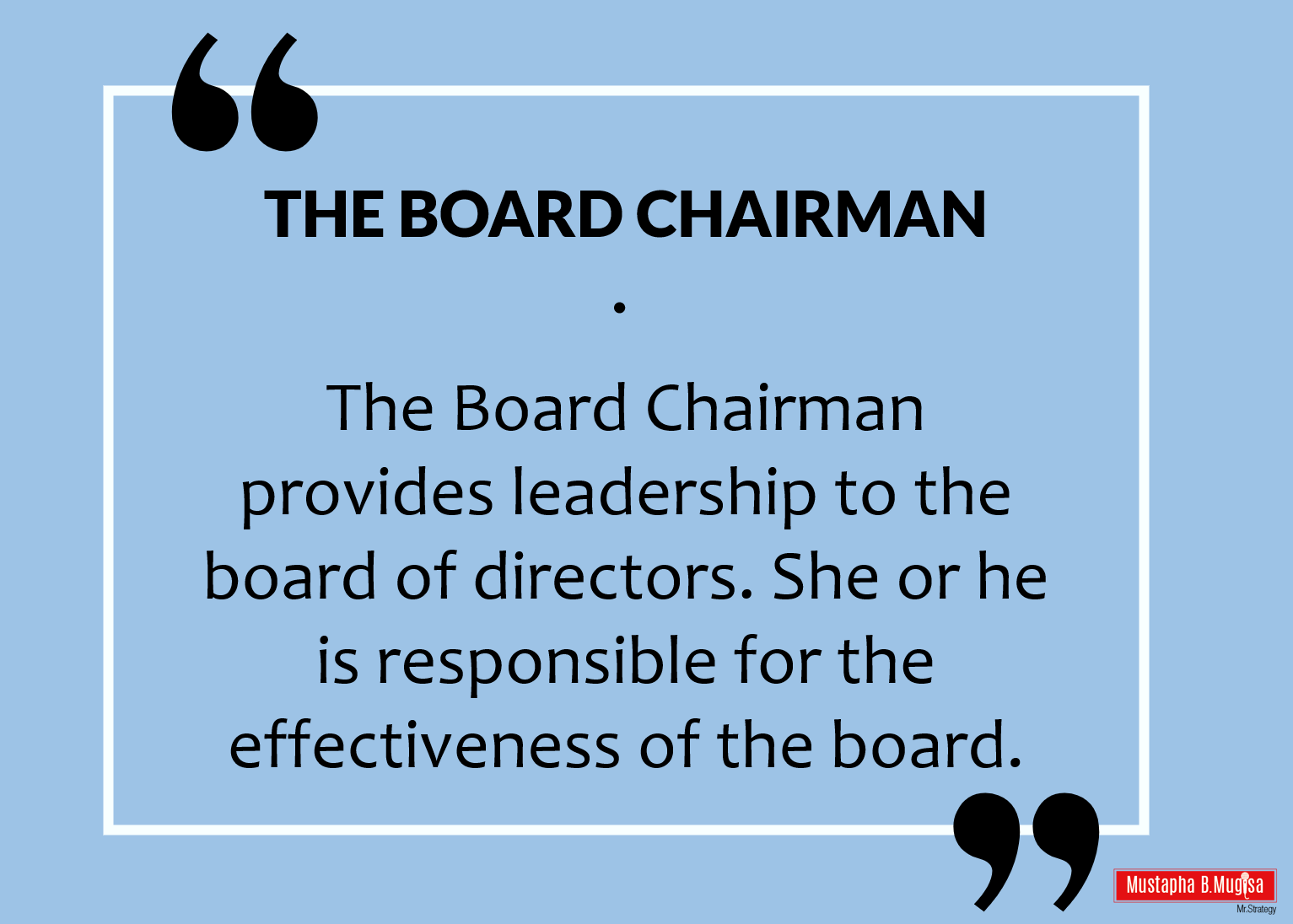When you are not a board member, you ogle at board members as they visit once in a while attend a board meeting with admiration. What you don’t know is that some have not taken deliberate effort to invest in improving their skills and experience to add value to the boards they serve.
A board meeting is the number one forum that brings members together to discuss and make decisions, directives, or instructions to guide the business in terms of strategy and risk management. It is where decisions are taken and put on record.
However, not all board meetings are successful. Some times, board meetings are used to rubber-stamp decisions already made elsewhere. Below are the top 10 reasons why board meetings fail:
Poor agenda or lack of an agenda. Who defines the agenda of the business to be discussed at the next board meeting? Is it the board chairman, the chief executive, or the company secretary? Should the agenda be defined and agreed by the CEO, Board Chairman, and Company Secretary together or the board should agree on the agenda of the next board meeting?
On one board meeting, I was privileged to serve, the chief executive officer called for a board meeting for which there was no agenda. At the meeting, the Chairman started writing the agenda in his notebook, after which he read the agenda items around asking for any changes. I had never seen anything like that, especially for a scheduled board meeting.
Granted, once in a while, an ad-hoc meeting may be called to address an emerging issue like now the pandemic which happened suddenly and changed everything. In that case, someone could have an excuse for not having time to prepare the agenda. Nevertheless, before you invite members for a board meeting, an indicative agenda must be shared with the letter/email inviting the members
Hint: The Board chairman provides leadership to the board of directors. She or he is responsible for the effectiveness of the board. It is the responsibility of the board chairman to define the agenda, by working closely with other officers especially the chief executive officer (in case the roles are not fused) and the company secretary. The board chairman may speak with the other chairs of the technical committees of the board to enrich the full board agenda. It is not good to leave the board agenda to the chief executive to define, unless, the board chairman and CEO roles are held by the same person.
No agenda shared in advance, no effective board meeting. Avoid going for meetings for which you do not understand the kind of business to be discussed.
Lack of an agenda suggests that the meeting lacks a defined purpose. No meeting can be successful or effective in the absence of a clearly defined purpose.
To be continued, in part 2.
Copyright Mustapha B Mugisa, 2020. All rights reserved.








